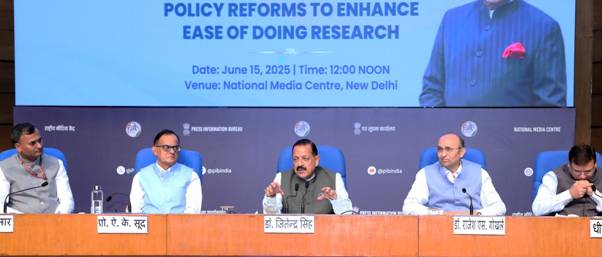The Headline
Defence startups face trial and clearance hurdles
Key Facts
- Defence startups face challenges including endless paperwork, uncertain clearances, and the restrictive No Cost No Commitment (NCNC) trial model which requires multiple product demonstrations without guaranteed orders.1
- Garuda Aerospace struggles with trial permits in restricted airspace due to dual-use regulations, complicating operations despite some reforms.1
- Startup-specific acquisition cells, single-window clearances, and structured testbed partnerships are seen as encouraging signs for defence startups by Garuda Aerospace's CEO.1
They are building drones, surveillance payloads and secure dual-use systems with cutting-edge tech. Their mission is national security. But for India’s defence startups, the battlefield begins not with enemy fire but with endless paperwork, uncertain clearances and risk-bound procurement processes.
Businessworld
1
For companies like Garuda Aerospace, which builds UAVs with applications in both civilian and defence use cases, dual-use regulation can be a double-edged sword. 'We often face challenges in securing trial permits in restricted airspace,' says Agnishwar Jayaprakash, Founder and CEO of Garuda Aerospace.
Businessworld
1
One of the most consequential decisions announced is the delegation of procurement powers to institutional heads. Directors of scientific organisations and Vice Chancellors of universities will now be empowered to carry out non-GeM (Government e-Marketplace) purchases for specialised research equipment and materials.
Biospectrumindia
The Union Minister of Science & Technology announced sweeping policy reforms to boost the Ease of Innovation, Ease of Doing Research, and Ease of Science in India.
Insightsonindia

